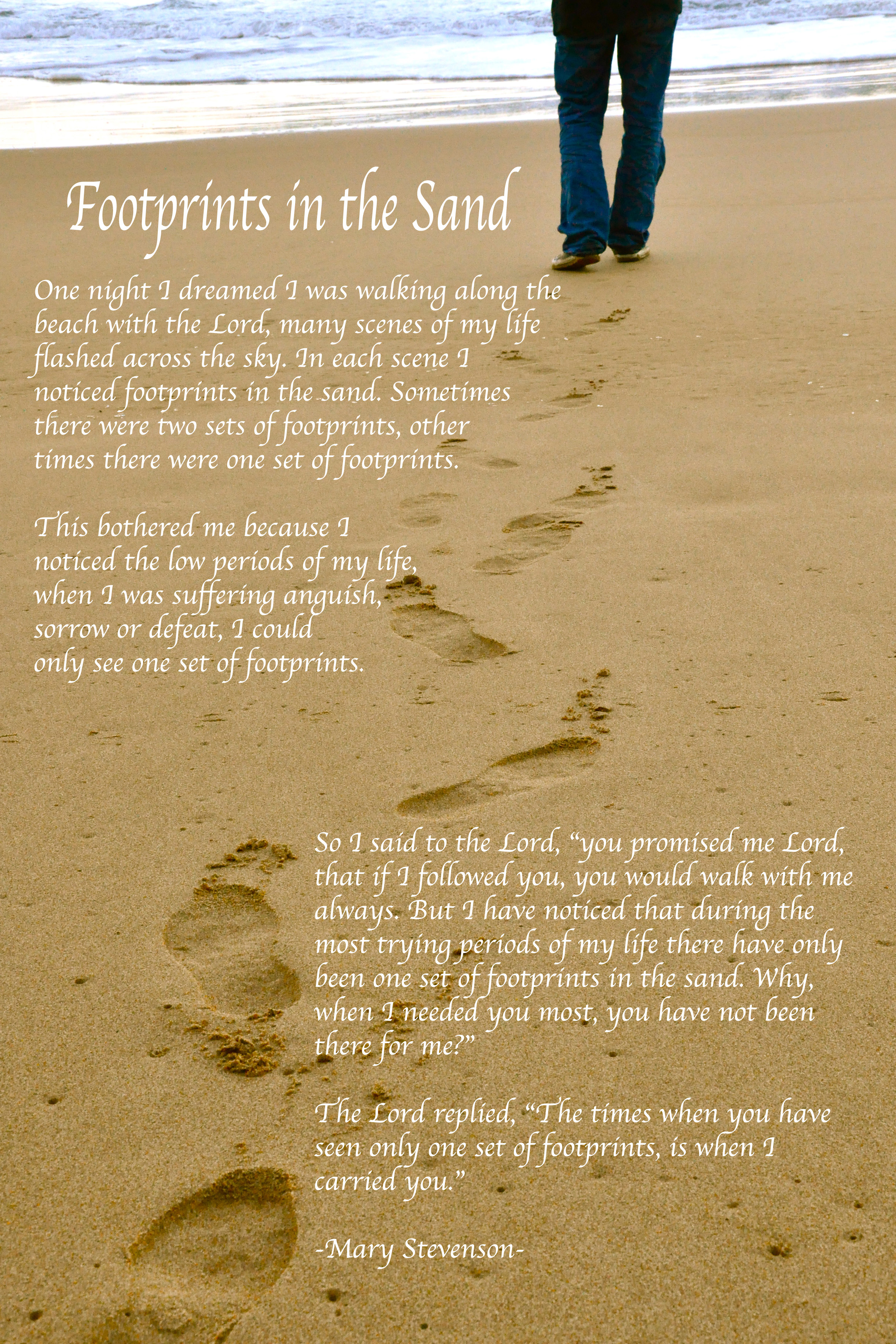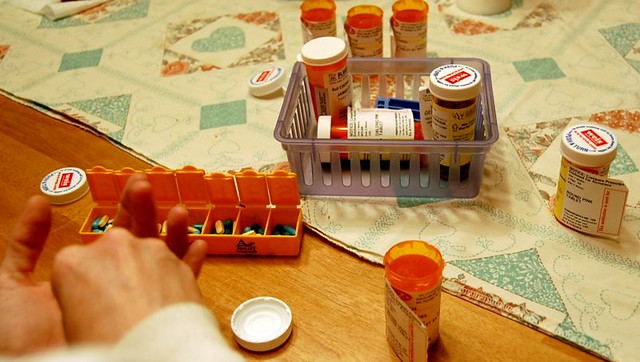I come from a religious family, there's no getting around that. I was born Christian, raised Christian, and am a Christian. From the time I was big enough to understand directions I found myself running around as a sheep, wise (wo)man or shepherd in the Christmas pageant. When I reached the later years of elementary school I would get up in front of the congregation and read the scripture, or sing a special song for offering time. Being part of the church was part of my childhood, and became a part of who I grew up to be. My family is firmly planted in faith, and I have never known any different. Sundays meant church and family dinners, mealtime meant prayers, Easter meant the sunrise service, the first sunday of the month meant Holy Communion--that's just the way it was.
I grew up in a faith based environment wrapped in prayer. Our father is the great provider, the bringer of light, the almighty creator I credit for our very existence. He has more power than power can know, more might than the crashing waves of the ocean, and the dedicated, encompassing, unconditional love of a parent. I was raised taught that God can do anything. He sent a son who can cause the blind to see, calm the raging seas, and multiply two fish and five loafs of bread. If that's what he can do in the flesh, then his power in heaven must be so much more. God makes the impossible, possible.
So why me?
Why is it me who was given this? Me, the one who followed her entire life, the one who grew up in the third pew on the left-hand side, the one baptized as a baby and confirmed as a teen, the one who prayed and gave thanks over every meal, the one who knew nothing more than to trust that God will take care of us. Why was it me? As far as christianity goes, I played it by the book. I did everything right. I followed when he said follow, no matter how scared I was (Argentina mission trip--that's another story). I listened when he told me to share my story. I loved when they did not deserve it. I believed when no one else did. I did everything right, so why me? Why was I the one he chose to let this happen to? Any Christian will tell you that if he chose to, he could heal me in an instant. Better yet, it wouldn't have even happened in the first place.
For a long time, this is how I felt. Angry, just angry. I resented the years of my life I spent devoted to a God who would punish his child who did nothing wrong. I resented telling others about my God-filled life, hoping that they would find his light. I wanted to scream at everyone to run away before they too were betrayed by the one being who could cause and cease their suffering. How was I supposed to feel? My days were filled with physical pain, how was I supposed to praise and glorify the one who could stop it--yet didn't? It was heartbreaking to have my entire outlook on life be shattered when my compassionate, nurturing, and merciful God allowed me to experience what I continue to experience. Wrapped in anger and fear I was. Fearful that my God was punishing me even though I begged for forgiveness for whatever I had done. Afraid that my God has forsaken me, forgotten me, left me. Angry, scared, confused, hurt, broken...
It would be a blatant lie to say that my faith has not been challenged by my disease, I think that is fairly obvious. For a long time I lost my faith, until I realized that without it I would be even worse off. My God knows me, and knows what I go through. And therefore, he is the only one who can heal me. I don't mean cleanse my body of disease (although if you can read this God, that is acceptable too!), I mean find a way to treat it. Healing may mean finding the perfect cocktail of medicines, or a lifestyle that promotes wellness in the body. God is the only one who can help me find that. Healing may mean finding solace as I come to terms with the reality of my new existence, mentally accepting every obstacle as a challenge that I personally must and will overcome.
Without this disease, I would miss out on a lot of things. With this disease I was given the opportunity to volunteer and advocate with the Arthritis Foundation and inspire thousands to overcome their own struggles. I have learned to appreciate the people around me, the ones who "babysat" when I had surgery, open jars for me, and offer their assistance. My disease has showed me that I am more fortunate than I realized, and for that I thank and rejoice for my creator.
I am now a firm believer that God is carrying me, leaving only one set of footprints on the beach. I will praise him through the pain, and thank him for the blessings he has bestowed upon me. My family, my church, my friends, my doctors, the roof over my head, the food on the table. God will not test me past my ability to overcome, and is using me as a tool to spread a message of hope, healing and faith. I may live my life in pain but I am living a damn good life, and something as silly as a disease has no chance at trying to change that.
And for those of you reading this, those who struggle with disease or anything else, just know that you were given this life because you are strong enough to live it.




